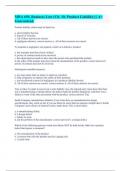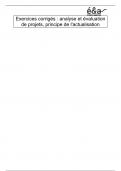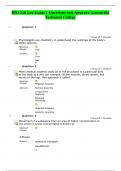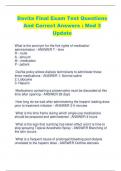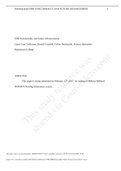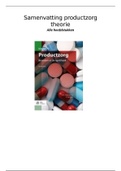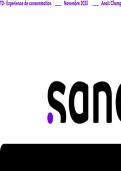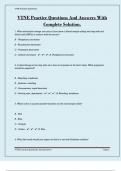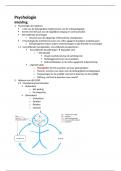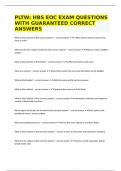Exam (elaborations)
MBA 650, Business Law (Ch. 10, Product Liability) || A+ Guaranteed.
- Course
- Institution
Product liability claims may be based on: a. strict liability theories. b. breach of warranty. c. All of these answers are correct. d. negligence theories. correct answers c. All of these answers are correct. To maintain a negligence suit against a seller of a defective product: a. the ...
[Show more]
